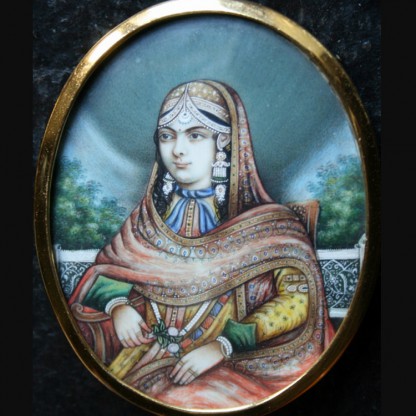In time, political differences, and other disagreements, led to estrangement between the two Alexanders. Amongst his children, he remained particularly close with his second, and only surviving daughter, Grand Duchess Marie Alexandrovna. In 1873, a quarrel broke out between the courts of Queen Victoria and Alexander II, when Victoria's second son, Prince Alfred, made it known that he wished to marry the Grand Duchess. The tsar objected to the queen's request to have his daughter come to England in order to meet her, and after the January 1874 wedding in St. Petersburg, the tsar insisted that his daughter be granted precedence over the Princess of Wales, which the queen rebuffed. Later that year, after attending the engagement ceremonies of his second surviving son, Vladimir, to Marie of Mecklenburg-Schwerin in Berlin, Alexander II, with his third son, Alexei, accompanying him, made a visit to England. While not a state visit, but simply a trip to see his daughter, he nevertheless partook in receptions at Buckingham Palace and Marlborough House, inspected the artillery at the Royal Arsenal in Woolwich, reviewed troops at Aldershot and met both Prime Minister Benjamin Disraeli and leader of the opposition, william Gladstone. Disraeli observed of the tsar that "his mien and manners are gracious and graceful, but the expression of his countenance, which I could now very closely examine, is sad. Whether it is satiety, or the loneliness of despotism, or fear of a violent death, I know not, but it was a visage of, I should think, habitual mournfulness."









